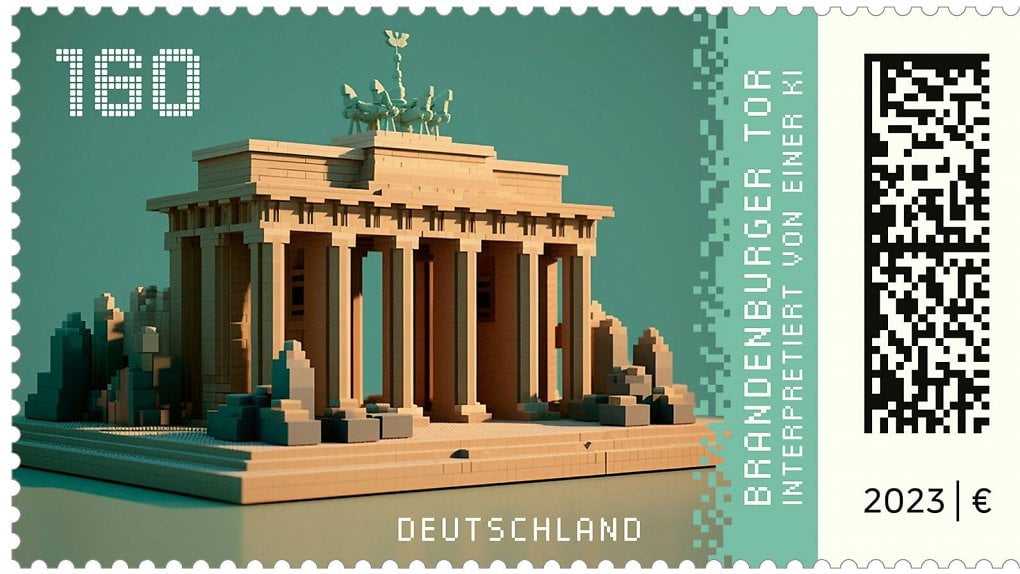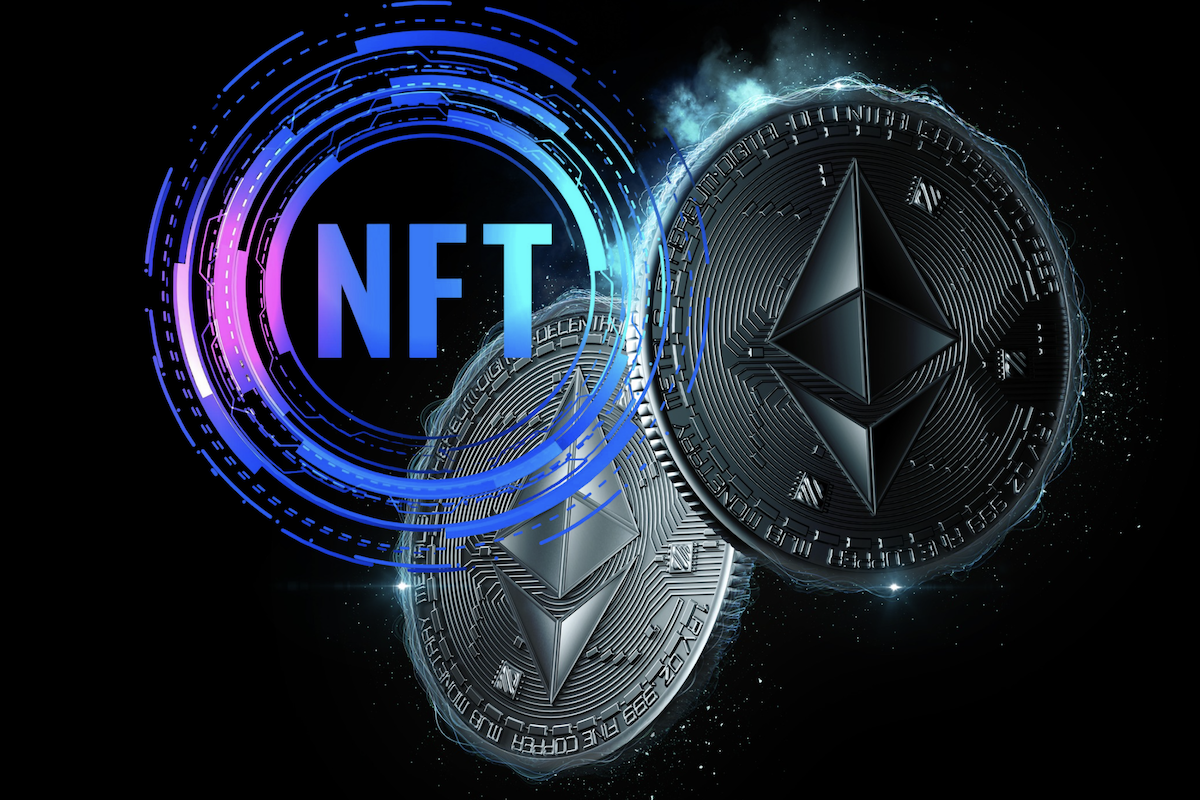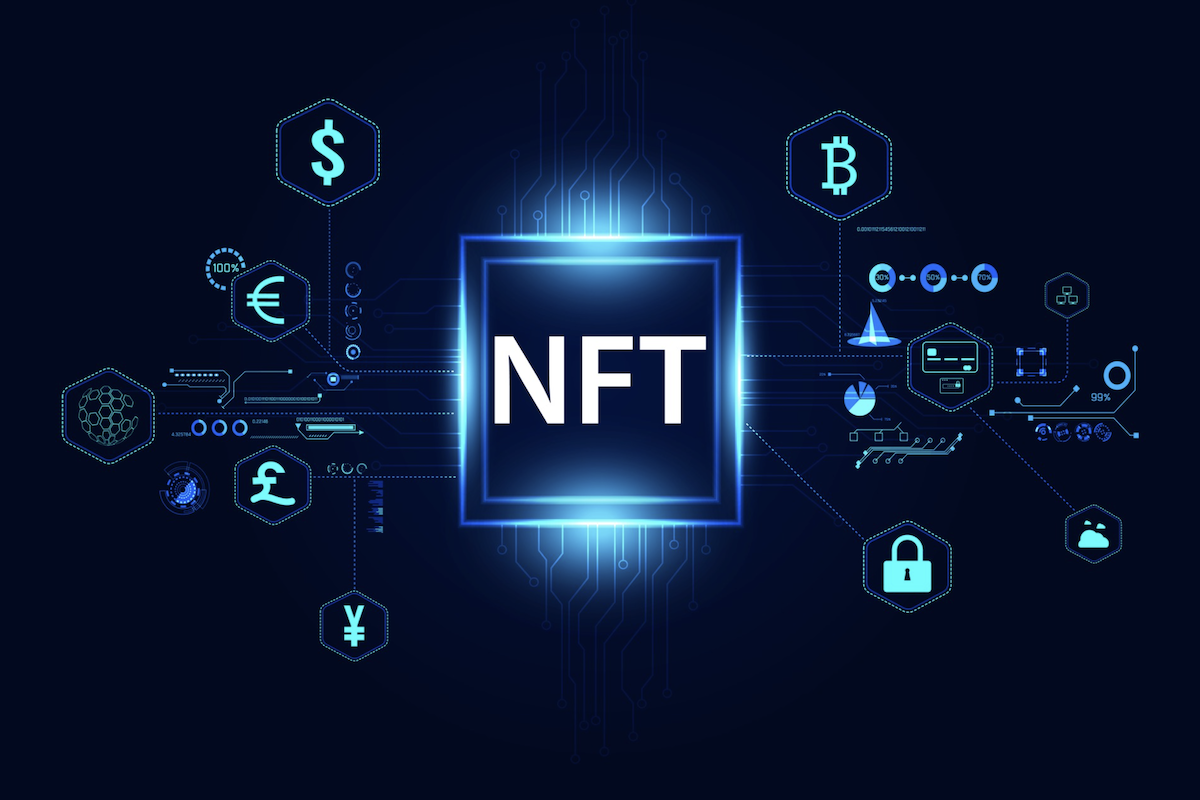Deutsche Post Launches NFT Stamp on Polygon
Deutsche Post enters the NFT realm with its first crypto stamp on Polygon, combining tradition with technology. The stamp features the Brandenburg Gate.

Germany's postal service, Deutsche Post, is set to make history by launching its first-ever crypto stamp on the Polygon blockchain. This initiative combines the traditional artistry of physical stamps with NFT technology. The debut stamp in the series, featuring the iconic Brandenburg Gate, marks the beginning of the "Historical Buildings" collection.
Stamp Collecting Redefined: The Confluence of Tangible and Digital
Deutsche Post's jump into crypto stamps represents a growing shift in stamp collecting. By embracing blockchain technology, the postal service bridges the gap between tangible and digital assets, offering collectors a unique experience.
The crypto stamp, designed with the help of artificial intelligence, showcases the Brandenburg Gate in a pixelated and streamlined style reminiscent of the digital era's aesthetic.
 Source Deutsche Post
Source Deutsche PostIndividual Numbering and Matrix Code
While other postal services worldwide have also introduced crypto stamps, the German edition has unique features. Each physical stamp and corresponding NFT representation bear individual numbering, thanks to a unique matrix code. This ensures the authenticity and exclusivity of each crypto stamp, adding value for collectors.
The crypto stamp booklet, including the NFT version, is priced at €9.90, providing collectors with an affordable entry point into digital stamp collecting. However, it's worth noting that a limited edition conventional stamp without the NFT component will also be available alongside the crypto stamp, with a print run limited to 800,000 pieces.
Deutsche Post has chosen the Polygon blockchain as the foundation for its crypto stamp NFTs. Polygon, known for its robust NFT capabilities, operates on a Proof of Stake (PoS) consensus mechanism, making it energy-efficient compared to other blockchain networks. This choice aligns with Deutsche Post's commitment to sustainability and reducing its environmental impact.
The Rise of Digital Collectibles
In recent years, collecting digital assets has gained immense popularity. NFTs, in particular, have changed how people perceive and interact with digital art and collectibles. By tokenizing physical stamps as NFTs, Deutsche Post is tapping into this growing trend, offering collectors a new dimension to their stamp-collecting journey.
Stamps have always been a medium for capturing historical events, cultural landmarks, and technological advancements and Deutsche Post is preserving the essence of traditional collecting while embracing the possibilities of Web3.





